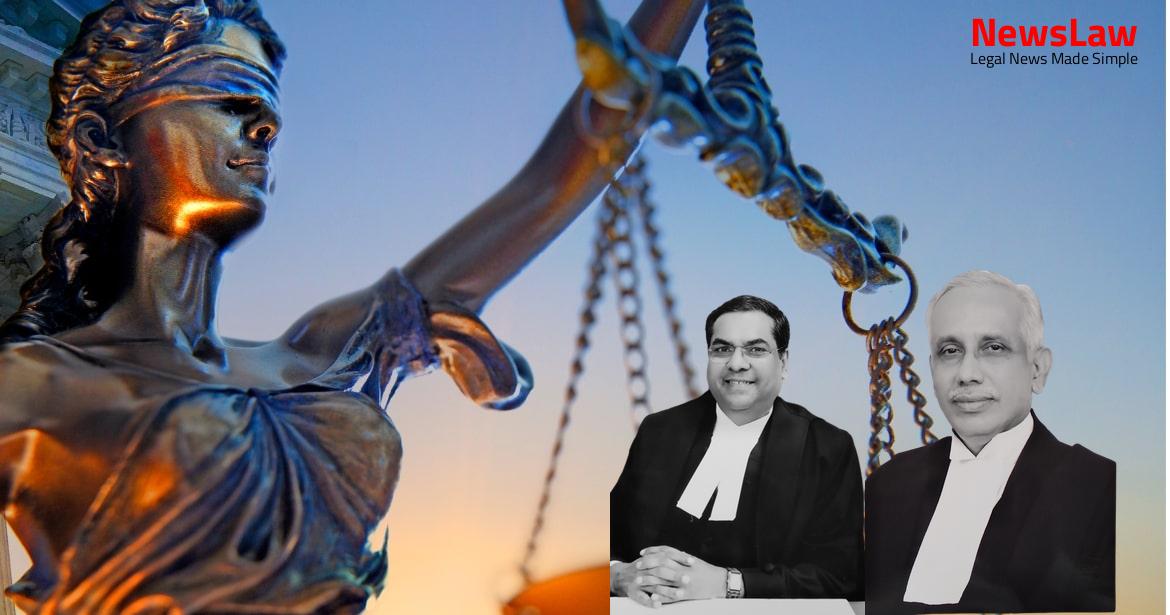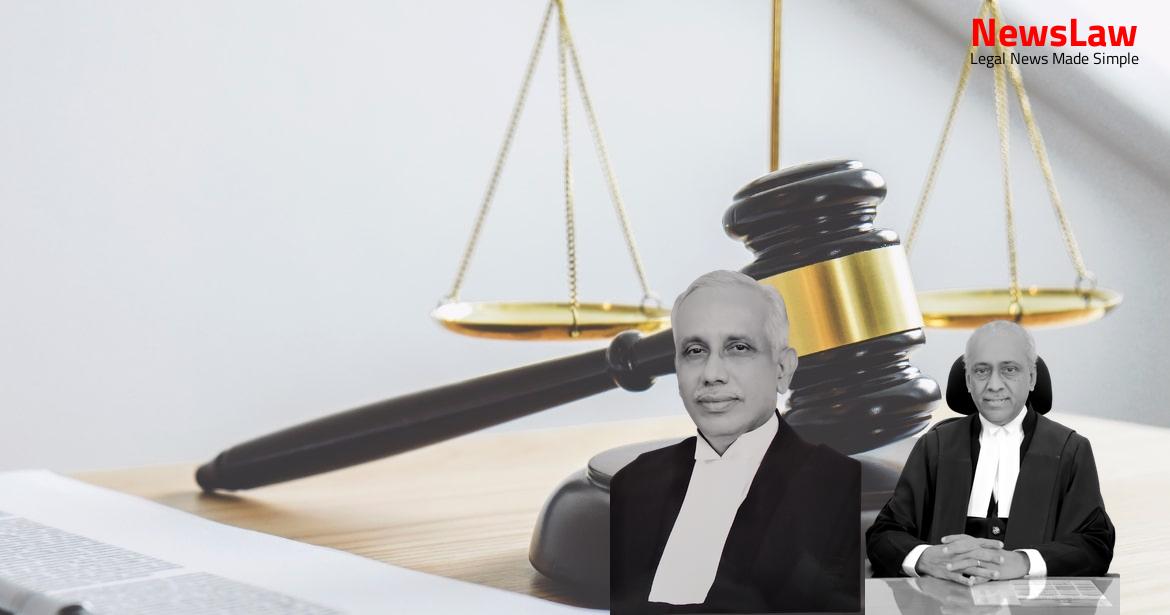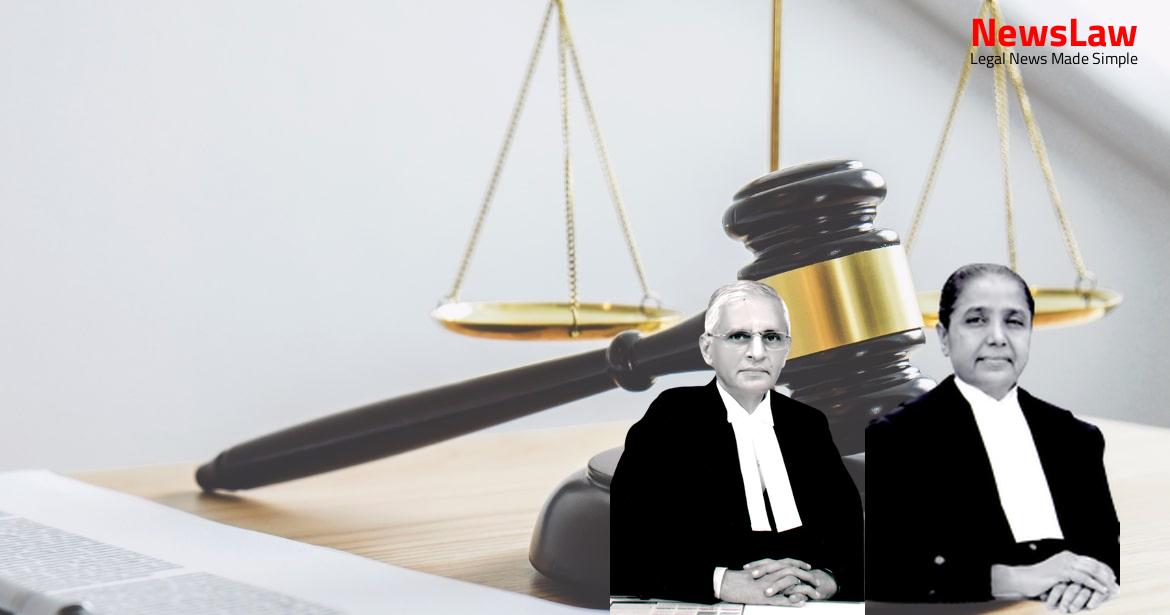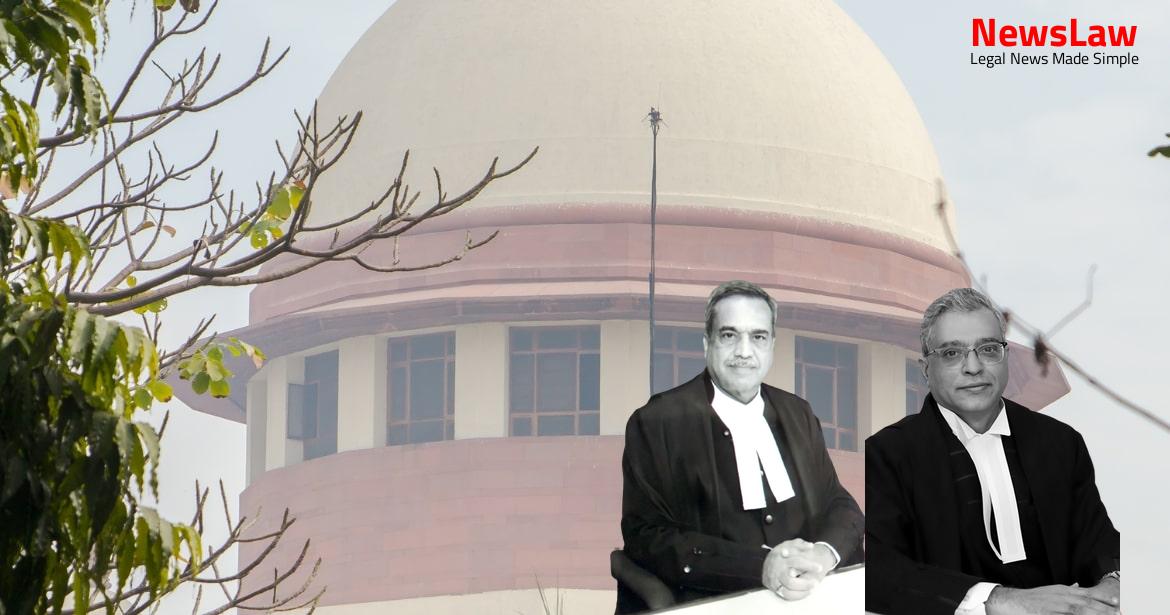In a significant legal battle, the Supreme Court of India explored the complex interplay between impartible estate and coparcenary rights in the case of Raghubir Singh and Brij Nath Singh. The judgment delves into the implications of the rule of primogeniture and how it affects property rights post the merger agreement. Stay tuned for a detailed analysis of this crucial case.
Facts
- Govind Singh, as the karta of the joint Hindu family, sold the property to Trijugi Narain and Surendra Nath in 1968.
- Chandra Nath Kala and Sankoo filed suits against the buyers for injunction and adverse possession claims.
- Chandra Nath Kala later claimed rights based on a sale deed executed by Rani Tej Kumari in 1969.
- The trial court allowed the amendment of the plaint to include this claim, but the High Court later set aside this amendment.
- Sankoo admitted Chandra Nath Kala’s claim, while Trijugi Narain and Surendra Nath contested it, arguing the property was coparcenary family property.
- Maihar State ceased to exist in 1948, abolishing the rule of primogeniture for impartible estates.
- Brij Nath Singh’s attempt to bequeath joint Hindu family property through a will was deemed invalid.
- Rani Tej Kumari’s sale of property in 1969 was considered void due to lack of title.
- Transfer of property by Govind Singh as karta of the joint Hindu family to Trijugi Narain and Surendra Nath was deemed legal.
- Suit No 194 of 1968 was dismissed for failure to prove acquisition of rights through adverse possession.
- High Court reversed the lower court’s findings, concluding the property was part of an impartible estate subject to the rule of primogeniture.
Issue
- Whether the impartible properties of the former Ruler were converted into coparcenary property of the joint Hindu family post the merger agreement or the enactment of the Succession Act.
- Examine the contention that the perpetual leasehold rights, being Nazul land, were held as personal property of the Ruler and not part of the sovereign or state properties of Raghubir Singh and Brij Nath Singh.
Also Read: CRPF Act: Validity of Rule 27 for Compulsory Retirement – Case of Head Constable vs. CRPF
Arguments
- Mr. I.M. Nanavati argued that the rule of primogeniture applied by the paramount power eclipsed the rights of coparceners under ordinary Hindu law.
- These rights were not destroyed but remained dormant during the period of paramountcy.
- Upon the lapse of paramountcy, the shadow of the eclipse was removed and the rights of coparceners sprang back into full force and effect.
Also Read: DAMEPL vs. DMRC: Curative Petition and Arbitral Award Restoration
Analysis
- The property in question was leasehold Nazul land situated outside the princely state and was considered as part of the impartible estate of the sovereign Ruler.
- The rights of the former Rulers could not be enforced against the Chief through legal remedies in Municipal Courts.
- The personal properties of the Rulers needed to be demarcated from State properties post the signing of merger agreements.
- The Succession Act of 1956 had an impact on the nature of property inheritance among Hindus, distinguishing between ancestral and individual properties.
- The concept of coparcenary property was distinguished from impartible property and the rule of primogeniture was applied in the case of the latter.
- The enforcement of the Succession Act led to the dissolution of certain customary laws related to ancestral property rights.
- The transfer of power and integration of princely states into independent India involved complex processes to determine property rights of former Rulers.
- The merger agreements signed by former Rulers marked the loss of their sovereignty and transition to ordinary citizens with special privileges.
- The division of properties post the enforcement of the Succession Act required careful consideration and demarcation between individual and ancestral properties.
- The succession rights and privileges of Indian Rulers were specified under Article 362 of the Constitution, which saw changes over time.
- An impartible estate is clothed with the incidents of self-acquired and separate property.
- The princely states, after a series of informal meetings and discussions, agreed to cede external affairs, defence, and communications to the Dominion of India.
- Instruments of accession were signed by the Rulers of most princely states, merging them into the Union of India.
- The integration of the princely states happened in 1948-49, with the Rulers signing merger agreements, transferring power to the citizens of free India.
- The acquisition by a sovereign Ruler cannot be claimed to be joint family property.
- Under Hindu law, estates are divisible among sons, not descending to the eldest son.
- Impartible estates, even if inherited and ancestral, are not part of coparcenary property and cannot be partitioned or alienated by coparceners.
- The rule of primogeniture and impartibility applied to the estates of former sovereign Rulers, even after the loss of sovereignty.
- The legal incidents of sovereign and State property make the Ruler the full and complete owner of the Estate.
- The rule of primogeniture was recognized in the personal law of succession for Rulers.
- The customs of impartible estates and primogeniture continued post-independence, even after the merger agreements.
- The property of an absolute sovereign was not subject to partition or alienation by other coparceners or family members.
- The legal incidents of sovereignty meant that the property of the Ruler was his personal property and not subject to division among family members.
- The rule of primogeniture and the custom of impartibility were presumed to exist for sovereign Rulers’ estates.
- The recognition of rulership did not grant any right to private property of the Ruler, as recognition was a political act and did not affect property rights.
- The succession to the rulership and the impartible estate was governed by the rule of primogeniture and customs specific to the Rulers, not the Mitakshara law of survivorship.
- Section 4 of the Succession Act specifies that Hindu law provisions will cease to apply if covered by the Act or inconsistent with it.
- The Act ensures succession to a person after its commencement will be governed only by the Act, not customary law.
- Section 5(ii) makes an exception for agreements or covenants with the Government of India entered into by Rulers of Indian States.
- This exception prevents the Act from voiding agreements made in 1947-48 integrating states with India.
- The Act does not apply to impartible estates of Rulers or estates regulated by special covenants or previous legislation.
- Clauses in Articles V and VI of the Covenanting State agreements safeguard personal privileges of Rulers and guarantee succession rights.
- The property in question could be transferred inter-vivos or by a bequest through a will by Brij Nath Singh.
- The contention that the property was separate and not part of the impartible property was not proven by the appellants with evidence to dispel the presumption.
- The appeals were dismissed based on the above reasons, affirming the High Court’s final findings.
- No costs were ordered in relation to the appeals.
Case Title: TRIJUGI NARAIN (D) THR.LRS. . Vs. SANKOO (D) THR. LRS.
Case Number: C.A. No.-005740-005741 / 2015



